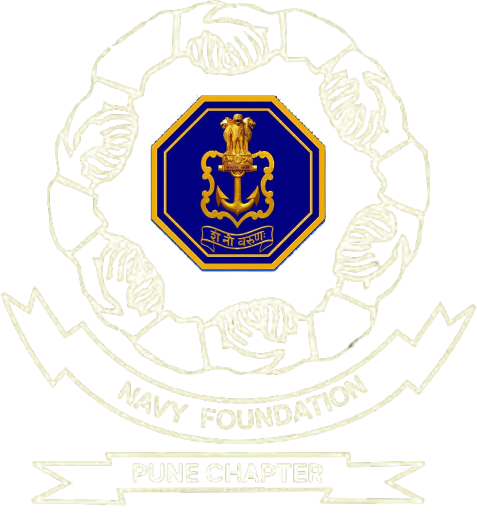
Master Folder
Death is a certainty for all of us. While we hope that all veterans will be able to live long and fulfilling lives, it is also a fact that some of us may have to depart this world a little earlier. Whatever be the case, it is a best practice to plan for when that day will come – whether expectedly or otherwise. We will not be around, but our near and dear ones should not have to run from pillar to post to settle our affairs.
Importance of Keeping Documents in Master Folder
It is, therefore, a best practice to keep all important original documents in a central Master Folder, which should remain in a safe and secure location, either in the veteran’s house or a Safe Deposit Locker. In the unfortunate event of the veteran’s death, the spouse / dependents should be able to access the Master Folder for retrieving and producing any document whenever required. In addition to the originals, it is also a good idea to keep notarised true copies of each document, some of which such as PPO would be required to be submitted with applications for transmission of financial assets, family pension, PRDIES claim, etc. Documents can also be scanned and uploaded to a secure digital locker such as the Govt of India Digilocker website/app for ready referral when required.
Indicative List of Documents to be Kept in the Master Folder
- Will
- Cumulative Time Deposits of Bank/Post Office, PPF etc.
- Birth Certificate.
- Motor car/scooter RC book, insurance policies and PUC certificates.
- Income Tax/Wealth Tax files.
- LIC, GIC, Health/Mediclaim/Fire/Household Accident policy documents.
- PPO.
- Property papers such as Transfer Deed, Ownership / Rental Agreement, Society Share Certificate, Property Tax receipts, etc.
- Telephone file- first original Bill, wherein rent equivalent to 12 months has been retained as security deposit, should be preserved.
- Deposit receipt for Gas/Electricity/Water etc.
- Passport, Driving License, Identity Card, ECHS Card, Canteen Smart Card, Sainik Board Ex-Servicemen Identity Card, Club/Institute membership cards etc (photocopies of these to be kept separately).
- Medical file, including relevant test reports and medication taken regularly.
- Files containing investment documents such as Share Certificates (if not dematted) and Mutual Funds monthly statements.
- Pending litigation papers and court decision, if any.
- Details of loans, if any, taken for House-building/purchase of car etc and their repayment schedule.
- Details of Credit Cards with dates of validity.
- Any other matter of interest to your family/NOK
Tips for Safety and Security of Master Folder
Physical Master Folder
- Use a Safe or Lockbox: Store the Master Folder in a fireproof, waterproof safe or lockbox at home or a bank safety deposit box.
- Limit Access: Share the safe’s combination or key only with trusted individuals.
- Protect Against Disasters: Store in a location safe from floods, fires, or theft.
Digital eFolder
- Scan and Backup: Create digital copies of physical documents and store them securely in an eFolder.
- Use Encrypted Storage: Save eFolder on an encrypted external drive, USB, or cloud service (e.g., Google Drive, OneDrive) with strong encryption and two-factor authentication (2FA).
- Strong Passwords: Use complex, unique passwords and consider a password manager such as BitWarden.
- Regular Backups: Maintain multiple backups in different locations (e.g., local drive and cloud).
General Security Practices
- Avoid Public Sharing: Don’t share sensitive information via email or unsecured platforms.
- Monitor for Breaches: Regularly check for unauthorized access to accounts or documents.
- Update Security: Keep software, antivirus, and passwords updated to prevent vulnerabilities.
- Legal Protections: For critical documents, consider notarization or legal consultation for added security.
Emergency Plan
- Inform Trusted Contacts: Ensure family or executors know where the Master Folder and eFolder are stored and how to access them.
- Keep an Inventory: Maintain a list of all important documents in the Master Folder and eFolder and their locations.
By combining physical and digital safeguards with proactive security habits, you can protect your important documents effectively.



